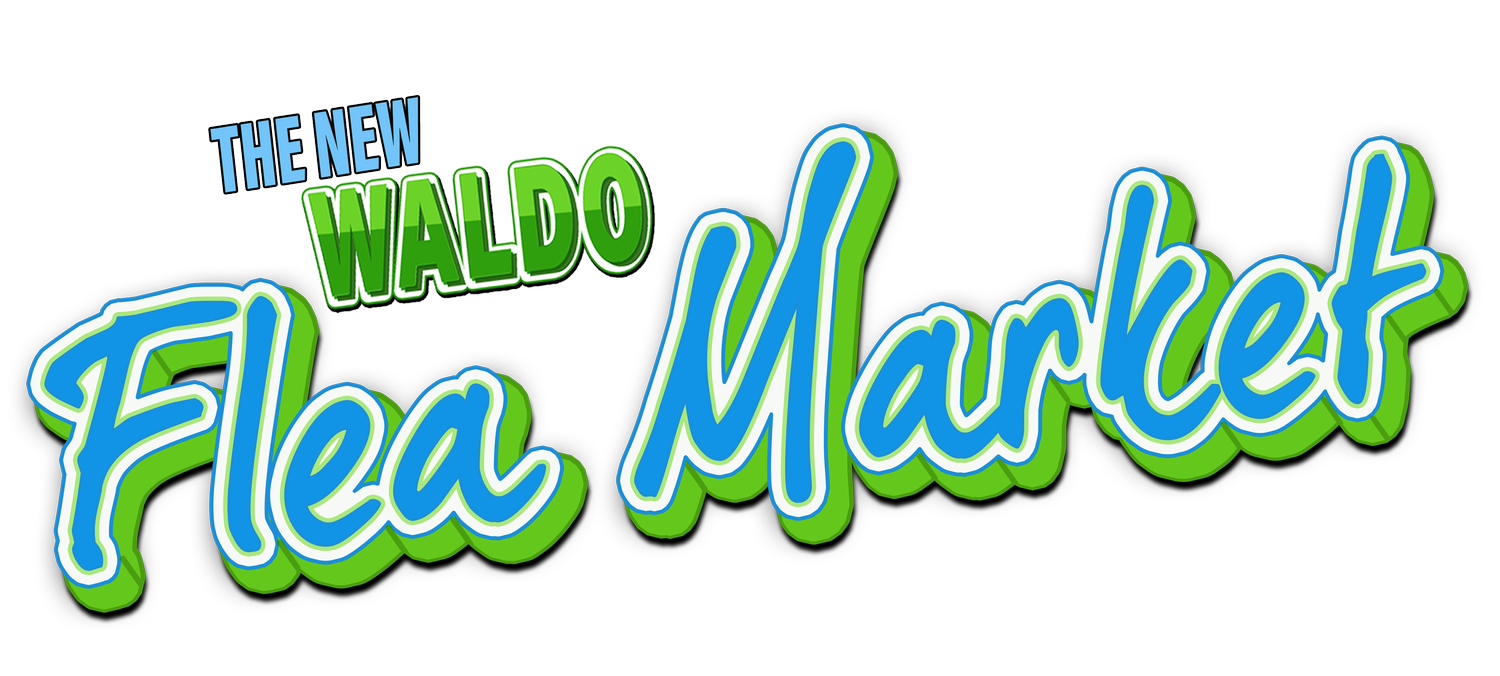
Policies
-
Before you sell any media, such as music, movies, or photos, you’re responsible for finding out if the media you’re planning to sell contains content that’s protected by copyright. If it is, be sure to follow the guidelines below.
Any media that are no longer protected by copyright are sometimes described as having entered the public domain. To find out more about public domain media, see the US Copyright Office Website
You can sell public domain media as long as you meet both of these requirements:
You’ve checked to make sure the content is in fact in the public domain, and
You need to be able to provide buyers with the following details:
– The date (day, month, and year) the media was first created or released
– The date (day, month, and year) it became part of the public domain
However, we don’t allow sellers to describe content as having entered into the public domain if the content was created or released in 1972 or later.
If you see merchandise that is an unauthorized copy of media, please report it by completing this form. Items that bear a company’s official brand name or logo can be sold as long as the products were made or officially endorsed by that company.
-
For a safer buying and selling experience at the Waldo Farmers and Flea Market Inc., we don’t allow dealers to sell counterfeit items, fakes, replicas, or unauthorized copies. Unauthorized copies include things that are backed-up, bootlegged, duplicated, or pirated—which are all illegal. These kinds of things may infringe on someone’s copyright or trademark. For examples of what you can and can’t sell at Waldo Farmers and Flea Market see the guidelines below.
Make sure you follow these guidelines. If you don’t, your merchandise may be removed, and you may be subject to a range of other actions, including limits of your selling privileges and suspension from the market. Be sure to report counterfeit items to the office or officer on duty. We also encourage you to report unauthorized copies of media by completing this form.
Here are some examples of items that can and can’t be sold at the Waldo Farmers and Flea Market (note that this isn’t an exhaustive list):
Allowed
• Homemade movies you own the rights to
• Music you wrote, recorded, and own the rights to
• Photos you captured yourself and own the rights to
• Software you created and own the rights to or have been authorized to sell online
Restricted
• public domain media (see our public domain media policy above for more info)
Not allowed
•Backup or archival copies of software
•Bootleg recordings from concerts or other live shows (see bootleg recordings policy below)
•Counterfeits, fakes, or replicas of brand name items like:
-Handbags (example, a purse bearing the Chanel® name or logo that wasn’t made by Chanel)
-Scarves
-Sunglasses
-Wallets
-Watches
-Other accessories
-Counterfeit electronics (like cell phones) or software
-Counterfeit replacement parts or consumables, for example, a battery labeled as a Nokia® cell phone battery that wasn’t made by Nokia
-Fake autographs
-Media (such as CDs or DVDs) containing pages from a book or copyrighted materials that you didn’t officially create
– Unauthorized or pirated copies of things like:
Movies or videos
Music CDs or MP3s
Photos
Software
TV programs (includes CDs or DVDs with shows that were taped from television)
Video games
-
Bootleg recordings are unauthorized recordings of concerts or live performances. We don’t allow sales of bootleg recordings. Bands, performers, writers, and publishers usually own the copyright to live performances, so they have the right to determine when and how performances can be reproduced. Unless the reproduction of a concert or performance is authorized by the copyright owner, its agent or the law, it’s considered an unauthorized or “bootleg” copy. Selling unauthorized copies is against the law and not allowed at the market.
Make sure you follow these guidelines. If you don’t, you may be subject to a range of actions, including limits to your selling privileges and suspension from the market. Bootleg recordings are not allowed at the market. Here are some examples:
Not allowed
• An audience recording of Bob Dylan’s 1979 concert in Philadelphia purchased from a street
vendor who was not authorized to make this recording by Bob Dylan, his agent, or the law.
• Bootleg recordings made while traveling around the world with the Grateful Dead.
For more information, see the Digital Millennium Copyright Act CopyRight Overview
What is a copyright?
A copyright is the legal protection given in the United States to original works of authorship. Copyrights protect books, paintings, photos, music, video, software and so forth. Copyright protection attaches to a work the moment it is fixed in tangible form (on paper, on video,. etc.) and prevents others from using the work without permission.
